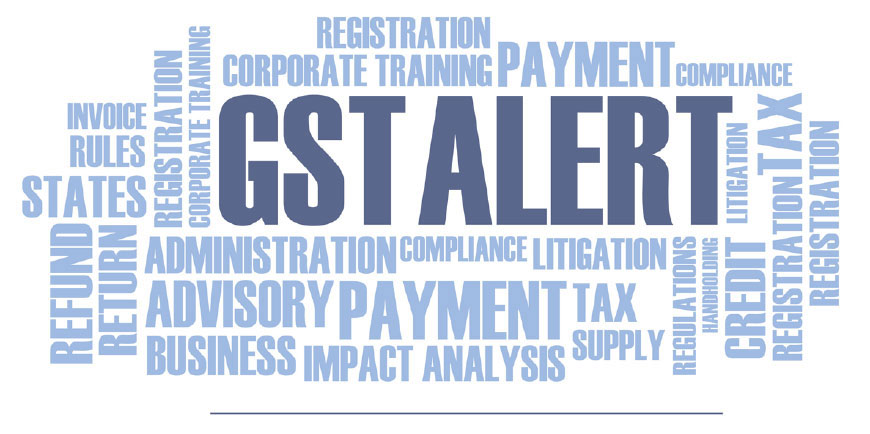- Dated 18th September, 2025

Revisional authority cannot improve upon show-cause notice
Brief Facts
The State of West Bengal invoked Section 108 of the CGST/WBGST Act seeking revision of an order passed by the Appellate Authority for the FY 2020–21. According to the State, the appellate authority failed to appreciate the inadmissibility of certain input tax credit under Section 16(4), which, if considered, would have resulted in a tax liability of approximately Rs. 1.11 crore under the head IGST, CGST and SGST. However, it appeared from the show-cause notice issued under Section 73 that no demand had been raised towards IGST and even the figures of CGST and SGST therein were lower than those subsequently claimed.
Assessee's Contention
The assessee argued that the proceedings could not be stretched beyond the scope of the original show-cause notice. Since no demand of IGST was ever raised at that stage, it could not now be introduced through revision. It was further contended that the power of revision under Section 108 is corrective in nature and is not intended to supplement or improve upon deficiencies in the original show-cause notice or adjudication.
Department's Contention
The Department submitted that the appellate order was erroneous and prejudicial to the interest of revenue. It was contended that the assessee had availed ITC in contravention of Section 16(4) and, had such irregular availment been properly examined, the tax mismatch for the relevant period would have been much higher. On this basis, the State urged that the Appellate order required revision under Section 108.
Held by Court
The Calcutta High Court rejected the State's application. The Court held that the revisional authority cannot, under the garb of exercising powers of revision, travel beyond the show-cause notice and introduce new demands. The power under Section 108 is limited to correcting errors in orders of subordinate authorities that are prejudicial to revenue, but it does not permit fresh grounds to be raised or demands to be enhanced beyond what was originally alleged. Since IGST demand was absent in the show-cause, it could not be added at the stage of revision. Accordingly, the revision petition was dismissed.
BTA Remark
The decision reiterates that revisional jurisdiction under Section 108 is circumscribed and cannot be used as a tool to make up for lapses in the original show-cause notice. The ruling underscores the importance of precision at the stage of initiating proceedings, as omissions at that point cannot later be cured through revision. The judgment thus strikes a balance by safeguarding revenue interests while ensuring taxpayers are not subjected to demands beyond the original scope of notice, in keeping with principles of natural justice.
Case reference: DINESH INFRAPROJECTS PVT. LTD. Vs STATE OF WEST BENGAL
Author: Soumaditya Chakroborty
Edited by: Shaily Gupta
Contact Us
BT Associates
Call: 033 2534-2717 /
033 6451-8729
Mail: enquiry@btassociate.com






